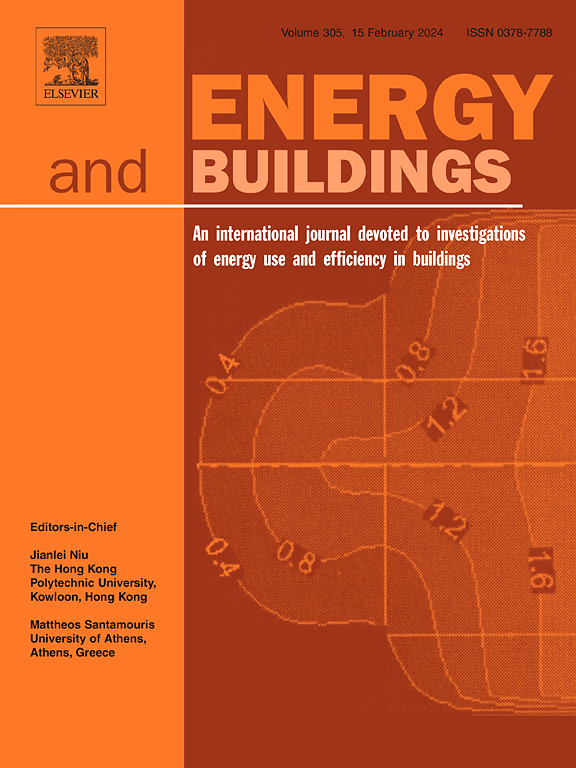Simulating land surface temperature impacts of proposed land use and land cover plans using an integrated deep neural network approach
IF 6.6
2区 工程技术
Q1 CONSTRUCTION & BUILDING TECHNOLOGY
引用次数: 0
Abstract
The increase in urban temperature driven by rapid urbanization, industrialization, and population growth has posed significant adverse impacts on public health, air quality, and ecosystems. Researchers have employed various machine learning models to simulate urban temperature based on land use/land cover (LULC) and other identified environmental factors, aiming to mitigate urban temperature through optimized LULC planning and other strategies. However, current research lacks a quantitative and spatial assessment of the impact of new LULC designs on land surface temperature (LST), making it challenging for urban planners to effectively utilize these simulations. This study proposes a novel approach that combines the ResNet model, known for its ability to capture complex features, with the U-Net model, which specializes in image segmentation, to assess the impact of LULC changes on LST. Using Singapore as the research site, we trained both ResNet and U-Net models, achieving high accuracy validated by several essential evaluation metrics. Applying the proposed method to assess several redevelopment plans for Paya Lebar Air Base in Singapore, we found that option 1 reduced the area with temperatures exceeding 33°C by 5.52%, while option 2 achieved an 8.77% reduction compared to the current LULC plan. These reductions result from converting airbase land into residential areas, green spaces, and commercial zones. The proposed research method offers urban planners and researchers valuable tools to assess the impacts of proposed LULC plans on LST, ensuring that new urban development strategies align with the goal of mitigating rising temperatures.

求助全文
约1分钟内获得全文
求助全文
来源期刊

Energy and Buildings
工程技术-工程:土木
CiteScore
12.70
自引率
11.90%
发文量
863
审稿时长
38 days
期刊介绍:
An international journal devoted to investigations of energy use and efficiency in buildings
Energy and Buildings is an international journal publishing articles with explicit links to energy use in buildings. The aim is to present new research results, and new proven practice aimed at reducing the energy needs of a building and improving indoor environment quality.
 求助内容:
求助内容: 应助结果提醒方式:
应助结果提醒方式:


